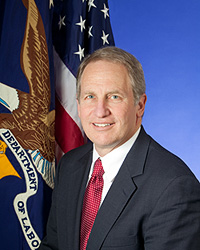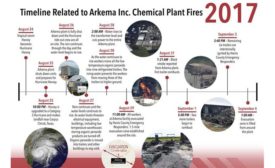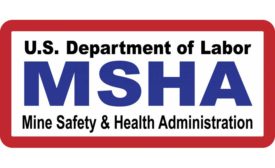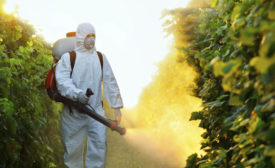News
A Confined Space blog post
CSB withdraws Deepwater Horizon worker participation recommendations
November 17, 2017
A ProPublica story
A wide-open door for pesticide lobbyists at the Agriculture Department
A former lobbyist for the pesticide industry now leads the deregulatory team at the U.S. Department of Agriculture. Visitor logs show old ties remain strong.
November 15, 2017
Become a Leader in Safety Culture
Build your knowledge with ISHN, covering key safety, health and industrial hygiene news, products, and trends.
JOIN TODAYCopyright ©2024. All Rights Reserved BNP Media.
Design, CMS, Hosting & Web Development :: ePublishing








